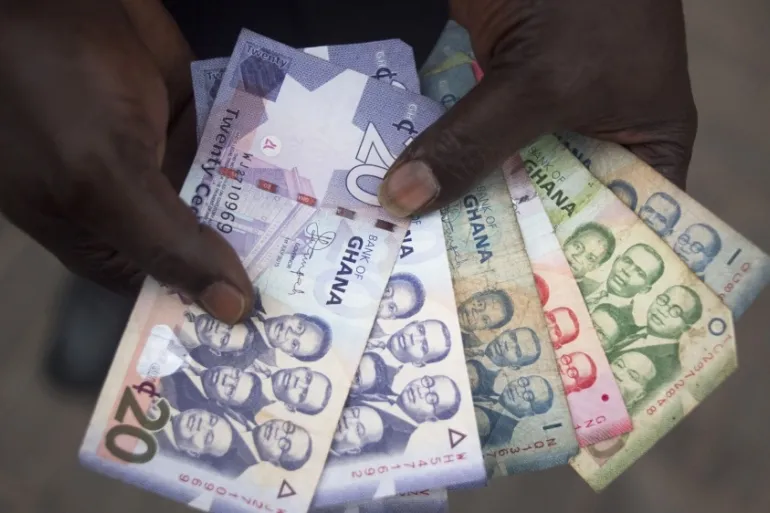Dr. Ernest Addison, Governor of the Bank of Ghana (BoG), shed light on the recent depreciation of the local currency, the Cedi, against major trading currencies like the Dollar, Pound, and Euro, despite the expansion of the local economy.
According to recent data from the Government Statistician, Professor Samuel Kobina Annim, Ghana’s economy grew by 2.9% in 2023, down from the 3.8% recorded in 2022. The Services sector experienced a contraction of -1.2%, while the Electricity and Construction subsectors saw significant contractions of 10.9% and 9.9% respectively in 2023, leading to a decline in the GDP of Industry. The Agriculture sector grew by 4.0% in 2023, with all subsectors expanding except for Forestry and Logging, which contracted by 5.0%.
In the Services sector, all 12 subsectors experienced growth in 2023. Trade, Repair of Vehicles, Household Goods had the lowest growth rate at 0.3%, while Information and Communication topped the chart with an 18.0% growth rate.

Addressing concerns about the depreciation of the Cedi despite economic growth at the 117th Monetary Policy Committee Press Conference in Accra, Dr. Ernest Addison explained, “The simple answer is that when the economy grows, there’s increased demand for imports to support it, leading to growth in non-oil imports. This is actually a positive sign indicating a robust economy, albeit putting some pressure on the currency due to increased import demand. It’s important to note that we operate a flexible exchange rate policy, so fluctuations are expected based on market conditions. We should focus more on trends rather than abrupt movements.”
Dr. Addison attributed some of the recent pressures on the foreign exchange market to seasonal factors in February and early March 2024, including the strengthening of the US dollar in international markets and payments for the energy and corporate sectors. Additionally, delays and uncertainties surrounding the second tranche of the cocoa loan inflow and World Bank’s disbursement of Budget Support contributed to these pressures. However, continued inflows from remittances, mining companies, and the Domestic Gold Purchase Programme have helped mitigate these challenges to some extent.


